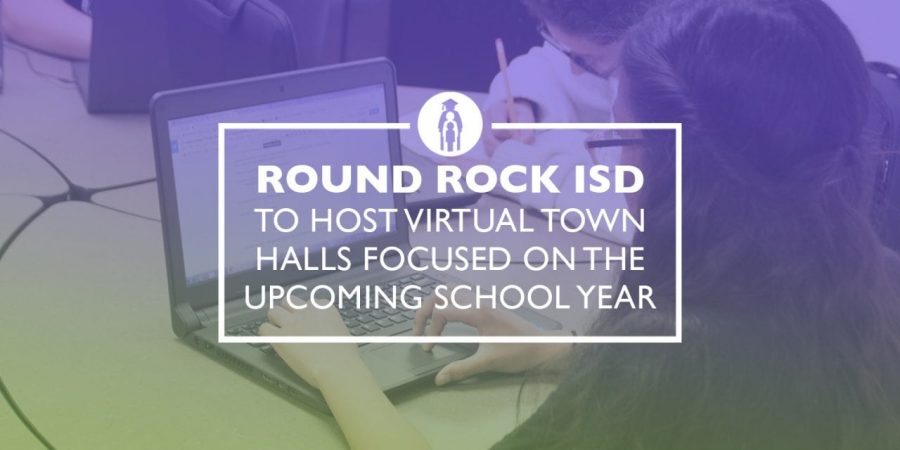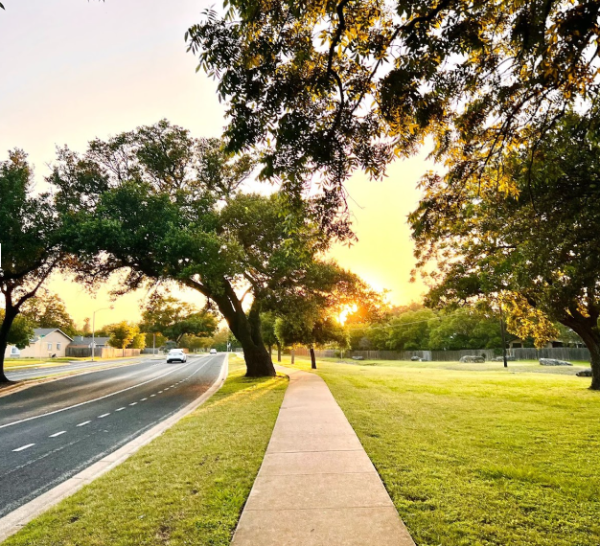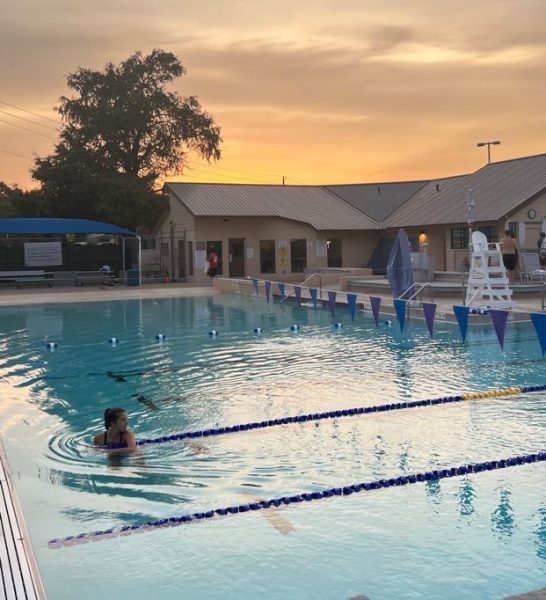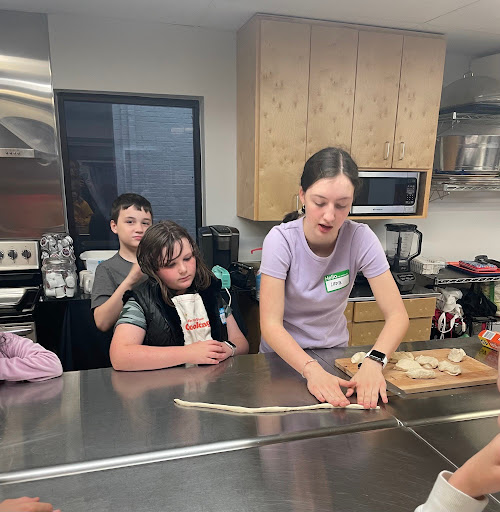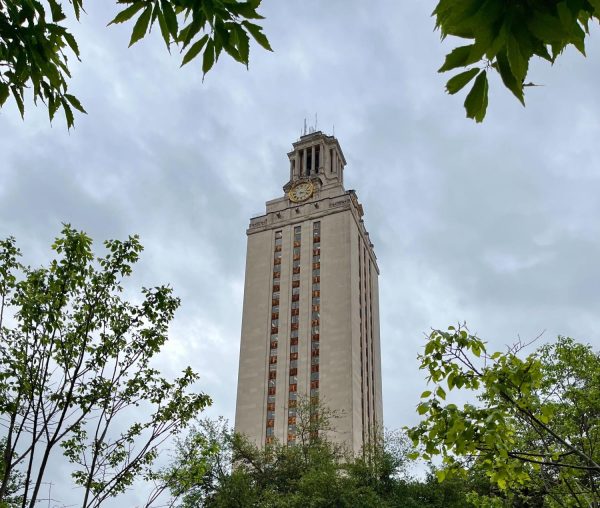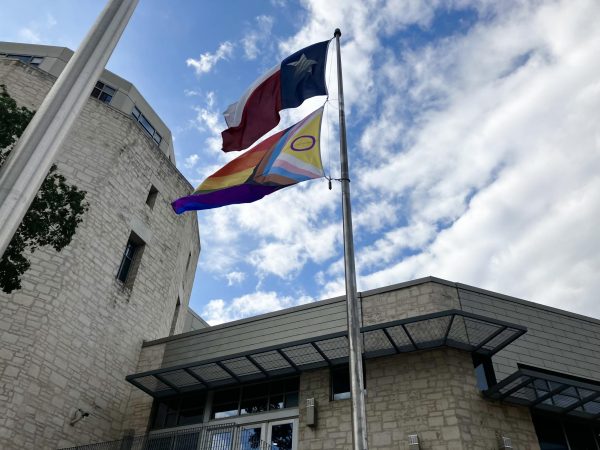Virtual Learning and Support Services Town Hall Recap
Officials held a town hall on Wednesday, July 22 discussing what virtual learning would look like in the coming fall semester. RRISD’s Reimagining Education plan has taken several factors into consideration, including social and emotional aspects of learning that would seem otherwise impossible to achieve in a virtual environment.
“Our whole nation is trying to figure this out, and what it’s going to look like, and a lot of people have talked about lasting impacts,” Director of Behavioral Health Dr. Amy Grosso said. “I think the reality is we are living through something that we’ve never lived before, and we have to continue to remind ourselves that, and it can’t look like what we’re used to school looking like.”
The panel talked about various aspects of how virtual learning would be made possible, including the use of a platform called Schoology Learning Management System, in which teachers would be able to assign materials and teach live classes, and students would be able to discuss ideas and collaborate with each other on projects. For high school students, a virtual learning schedule would include one hour of live instruction, and 30 minutes of small group or individual asynchronous work per class. RRISD is working to provide students, parents, and teachers with training on the new Schoology system, in order to make the transition to virtual classrooms as smooth as possible.
“We are working with our parenting program team to develop practice sessions as we get closer to the school year starting,” Executive Director of Teaching and Learning Ryan Smith said. “There are going to be plenty of opportunities, and we are looking at ways that we can roll out the information about Schoology.”
The panel made it clear that the “crisis learning” seen in the spring which used Google Classroom and had no live instruction would be nothing compared to the virtual environment the district is preparing. RRISD will be moving back to a traditional grading system, instead of the pass/fail structure used in the spring. The district has some concerns about academic integrity, but they are still coming up with possible solutions for that specific barrier.
“We are looking at different options for that,” Chief of Teaching and Learning Mandy Estes said. “We recognize that [academic integrity] is a concern, and we are discussing this with our teachers. There are some apps out there, and there are also some online proctoring systems. We have even talked about establishing testing centers within our campuses, but I can tell you we’ve been looking at a variety of options.”
One of the key concerns among the town hall attendees was the fact that a great deal of material was not taught in the spring semester due to asynchronous learning. The panel answered by saying that they are focusing on making sure that all of the material that students missed in the spring would be incorporated into the fall semester.
RRISD has not yet responded to a request for a comment about this.
The panel also reassured the attendees that students who chose the option of learning virtually would be able to come to campus for select electives, such as sports, marching band, and JROTC. They are still looking for ways to accomplish this.
“The UIL did allow for a calendar to be released that we’re still interpreting, and we are close to finalizing what that means for us, but we’re going to be as flexible as possible, and try to get back to some normalcy in extracurriculars and activities,” Superintendent Steve Flores said. “[There is] no doubt that [the students] will be allowed to participate, and we will try as hard as possible [for that] to happen.”
The district recently sent out a survey to every parent, giving them the option to send their child back to school after the first three weeks of virtual learning, or continue to keep their child at home to learn remotely. Parents can change their decision until Thursday, August 6. Additionally, after every grading period, parents will be given the option to switch their child’s environment depending on the circumstances.
The panel addressed several other subjects as well, including how mental health support, mentoring, and counseling services would be implemented into a virtual environment. The district answered many questions regarding special education, saying that they would focus on being flexible for the students who needed personalized schedules and additional support. More information and the entire Reimagining Education plan can be found on the district website.

Class of 2023
Welcome to the Horizon! I am looking forward to leading this wonderful team of reporters and editors with Catharine. Outside of the newsroom,...

